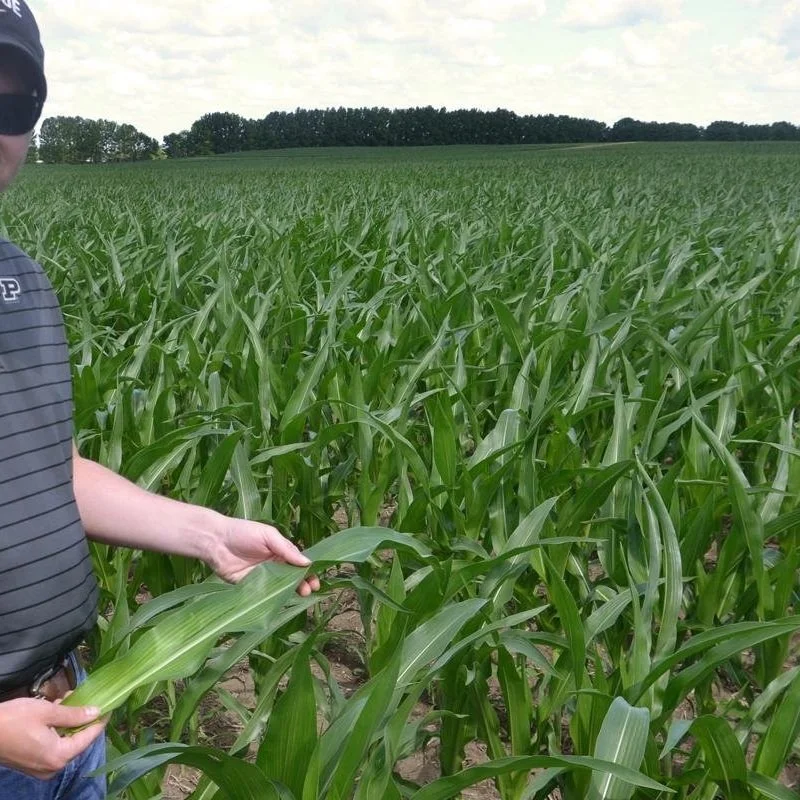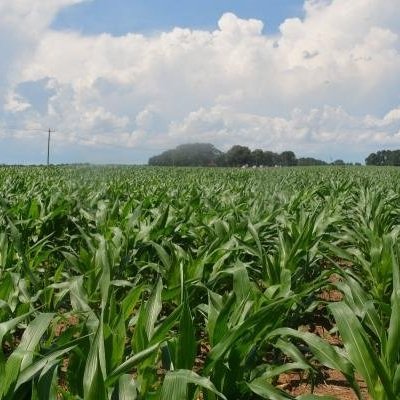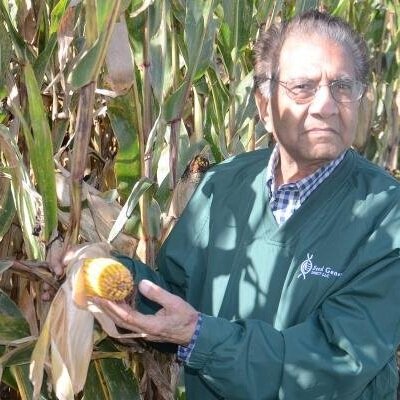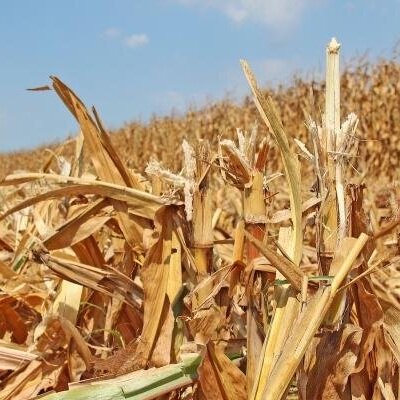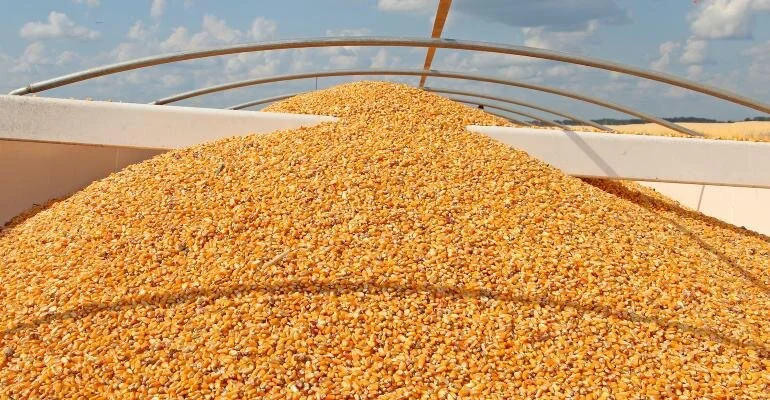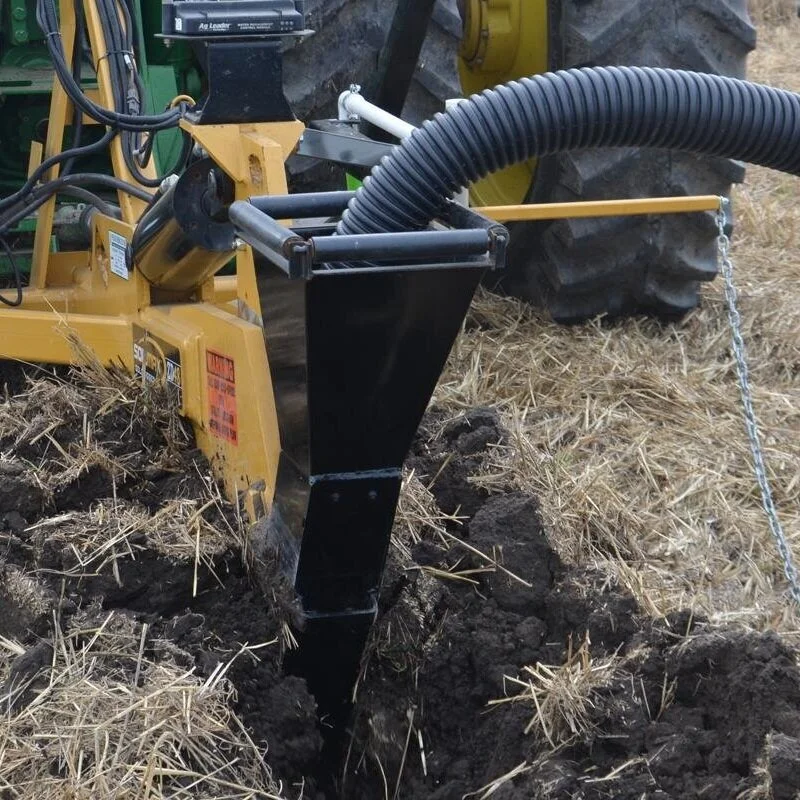University Of Illinois Projects Possible Corn Acreage Increase
The substantial run-up in fertilizer prices seems to discourage corn plantings next season.
But don’t look for a big switch to soybeans just yet. The economics of crop production actually favor corn over soybeans across the state, according to University of Illinois ag economists
Read More
Winners of National & State NCGA Yield Contest
Corn growers showed the amazing possibilities open to agriculture with the use of modern seed varieties, advanced production techniques and innovative growing practices this year as David Hula topped the 600 bushel-per-acre mark again this year in NCGA's National Corn Yield Contest. Hula, of Charles City, Virginia, repeated his accomplishment and produced the highest yield in the contest with 602.1694 bushels per acre. These great yields, which have been achieved nationwide despite many challenges, reflect farmers' resilience and deep dedication to continuous improvement.
Read More
Don't Give Up On Corn Just Yet For 2022
Ron Heiniger encourages farmers who are considering giving up on planting corn next year due to astronomical fertilizer prices to think again, as long as they can pencil in a good yield.
Speaking at a Nov. 5 Zoom meeting, “Utilizing Fertilizers More Efficiently,” Heiniger, North Carolina State University Extension corn specialist said even in a scenario where there is a 230% increase in nitrogen costs in 2022, corn at good yields remains competitive compared to soybeans or grain sorghum.
Read More
2021 Corn Official Hybrid Trial (OHT) Preliminary Results
2021 Corn Hybrid Trails For Louisiana growers.
Read More
Corn Core Block Preliminary Results Released
LSU AgCenter Corn Specialist Dr. Matt Foster has released preliminary test results of this years corn core block.
Read More
5 Factors That Prevent Corn From Reaching Full Yield Potential
Dave Nanda found a stalk on the outside row of a cornfield that typifies what corn yield potential could be someday. The stalk had one huge ear and a second good-size ear. Using the yield estimation formula, if you had 32,000 stalks like that per acre, you would harvest over 580 bushels of corn.
Read More
Burning Stalks: What Does It Really Cost?
Despite all the talk about improving soil health, soil carbon, cover crops and other hot topics, it may be easy to overlook the considerable impact that crop residue management has on soils and future productivity. Following harvest, we face a unique situation because corn produces far more biomass than other row crops, as well as cover crops. Historically, many perceive this corn residue as “trash” or a problem which should be removed by fire or heavily manipulated by tillage. However, crop residue generated in production systems can produce substantial long-term benefits if managed appropriately, particularly since our southern soils are naturally low in organic matter.
Read More
Corn, Soybeans: Expectations For Tuesday's USDA Reports
On Tuesday, Oct. 12, USDA is expected to release higher ending stocks estimates of U.S. corn and soybeans for 2021-22, revised production estimates for 2020 and lower estimates of U.S. ending wheat stocks. Traders have already reacted to the changes stemming from USDA’s Sept. 30 reports, but may find another surprise or two Tuesday.
Read More
Will Newfound Supplies Threaten Corn, Soy Profits?
Last Thursday’s Quarterly Grain Stocks report from USDA was no doubt an exciting market event, though corn and soybean prices did not escape the trading session unscathed. Indeed, sentiments from the report are continuing to resonate in markets and will likely continue to do so until at least next Tuesday’s October 2021 Crop Production and World Agricultural Supply and Demand Estimates reports.
Read More
U.S. Farmers Produced More Soybeans, Hold More Stocks, USDA Reports
On Thursday, the USDA pegged the U.S. soybean ending stocks, as of Sept. 1, higher than the trade estimates.
As a result of today's USDA Quarterly Grain Stocks Report, the CME Group’s soybean complex traded lower, following the report.
Read More
Get Corn In The Bin Now
Some of the worst cornstalk and ear rot fungi live in your soils. Crop rotations help, but some pathogens that cause the most damage can still survive for several years. If you were lucky enough to have ample rains for a good crop, chances are you have some disease organisms “lurking in the bushes,” waiting to attack your corn.
Read More
The Downside Risk Of Storing Unpriced Crops
With combines rolling across the Midwest, some 20 million bushels of 2021 crop corn and soybeans are quickly filling grain bins. But whether holding crops will actually add to their value remains highly uncertain as an unusual growing season comes to an end.
For starters, despite an export pipeline snarled by storms and the lingering effects of the pandemic, prices are at the best harvest level in a decade. And prospects for rallies face questions about whether China will continue to aggressively buy U.S. grain as its leaders reassert the grip of the Communist Party over the country’s businesses and people.
Read More
A Corn Harvest to Remember
Bill Moroni will tell you it was a good year to be a corn producer in northeastern Louisiana. Planting began on schedule. Rains fell plentifully. Insect and disease pressure was low, and the brunt of September hurricanes mostly bypassed the region.
With those weather conditions it’s no surprise yields were good. Moroni would not disclose his family farm average, but he said the 2021 corn crop was one of the best ever.
Read More
Ten Things That Breakdown In Borrower-Lender Relationship
During a webcast, a new agricultural lender in her first full-time job asked, “Why do producers switch lenders?” Of course, the answer to this age-old question is, “It depends!” Six decades of being involved with agriculture and various economic cycles has taught me that circumstances often vary as an industry or for an individual farm.
Read More
#1 Way To Increase Farm Income: Invest In Tile, Lime
People ask Jim Schwartz how they can make more per acre raising corn and soybeans. When they do, Schwartz, Beck’s director of research, including the Practical Farm Research program, says he can point to several practices for both corn and soybeans that have a big return on investment very quickly. However, he always starts at the same place.
“The place to begin is with tile and lime,” he insists. “We’ve proven it time and again in our PFR program, and farmers who install tile and add lime tell us the same thing. If you want to begin increasing income and profit per acre over time, there’s no better place to start than by installing tile and spreading lime where you need tile and lime.”
Read More

